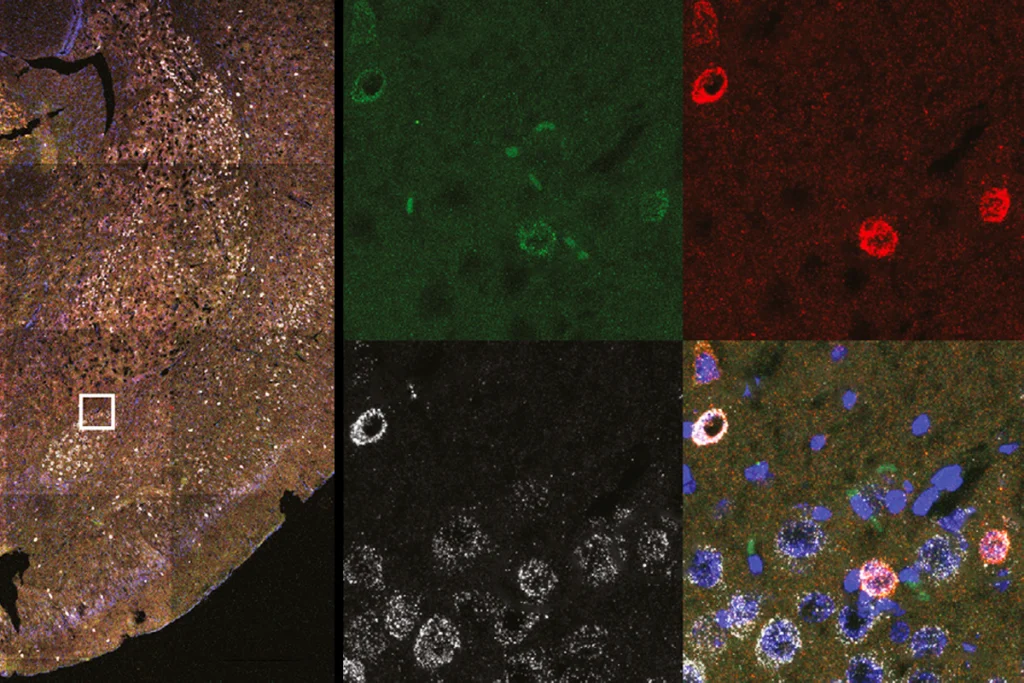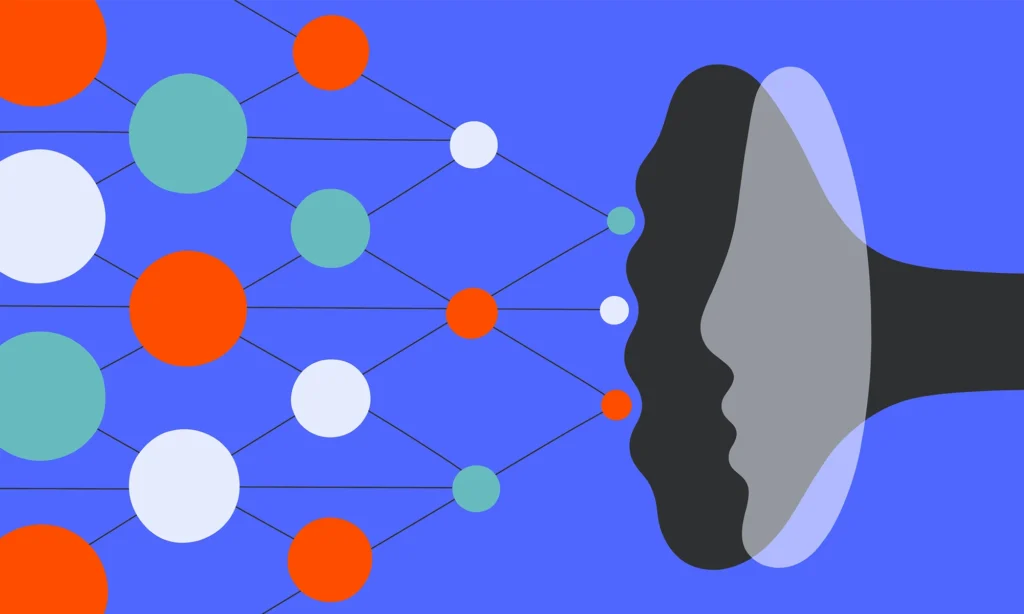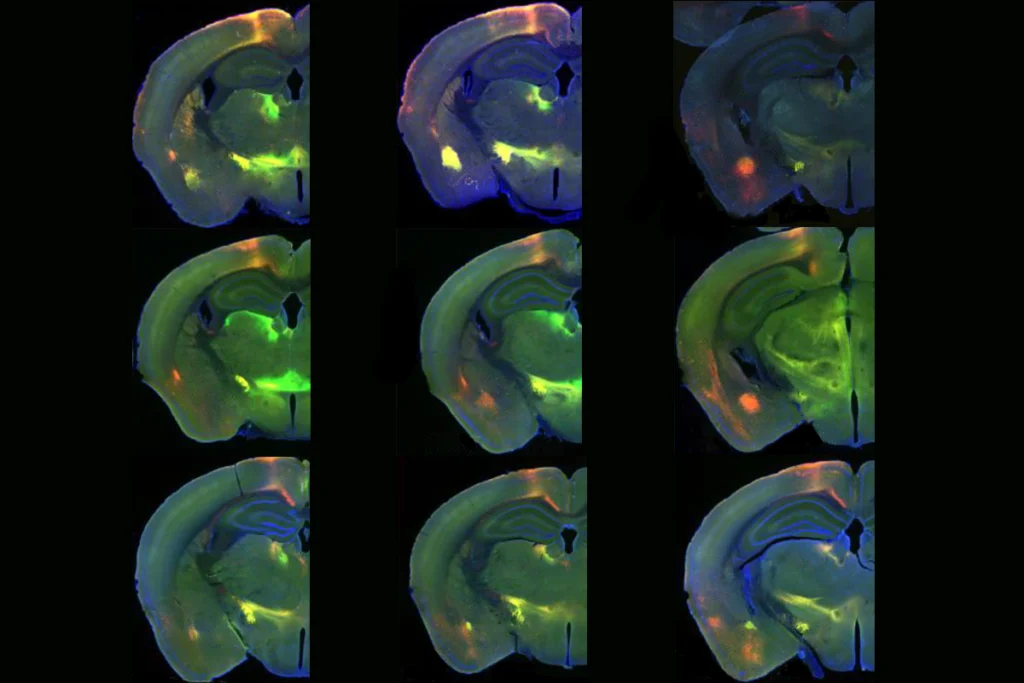Amy S.F. Lutz is a historian of medicine at the University of Pennsylvania in Philadelphia, vice president of the National Council on Severe Autism and the parent of a profoundly autistic son, Jonah, 24. She has written about profound autism for many platforms, including The Atlantic, Psychology Today, Spectrum and Slate. Her most recent book is “Chasing the Intact Mind: How the Severely Autistic and Intellectually Disabled Were Excluded From the Debates That Affect Them Most” (2023). She is also the author of “We Walk: Life With Severe Autism” (2020) and “Each Day I Like It Better: Autism, ECT, and the Treatment of Our Most Impaired Children” (2014). She lives outside of Philadelphia with her husband and whichever of her five children happen to be home at the time.

Amy S.F. Lutz
Writer
From this contributor
Building bridges: Collaboration across the autism community
An autistic person and the mother of an autistic child explore partnership in the autism community.

Building bridges: Collaboration across the autism community
Adults with disabilities deserve right to choose where to live
The idea that one residential model is appropriate for the entire spectrum of intellectual and developmental disability is patently absurd.

Adults with disabilities deserve right to choose where to live
Explore more from The Transmitter
Stress warps fear memories in multiple ways
Expanding the bounds of a fear memory or linking it to a neutral memory can shape a mouse’s fear response, two new studies show.

Stress warps fear memories in multiple ways
Expanding the bounds of a fear memory or linking it to a neutral memory can shape a mouse’s fear response, two new studies show.
How to be a multidisciplinary neuroscientist
Neuroscience subfields are often siloed. Embracing an integrative approach during training can help change that.

How to be a multidisciplinary neuroscientist
Neuroscience subfields are often siloed. Embracing an integrative approach during training can help change that.
Newfound gene network controls long-range connections between emotional, cognitive brain areas
The finding could help unravel gene regulatory networks and explain how genetic and environmental factors interact in neurodevelopmental conditions.

Newfound gene network controls long-range connections between emotional, cognitive brain areas
The finding could help unravel gene regulatory networks and explain how genetic and environmental factors interact in neurodevelopmental conditions.